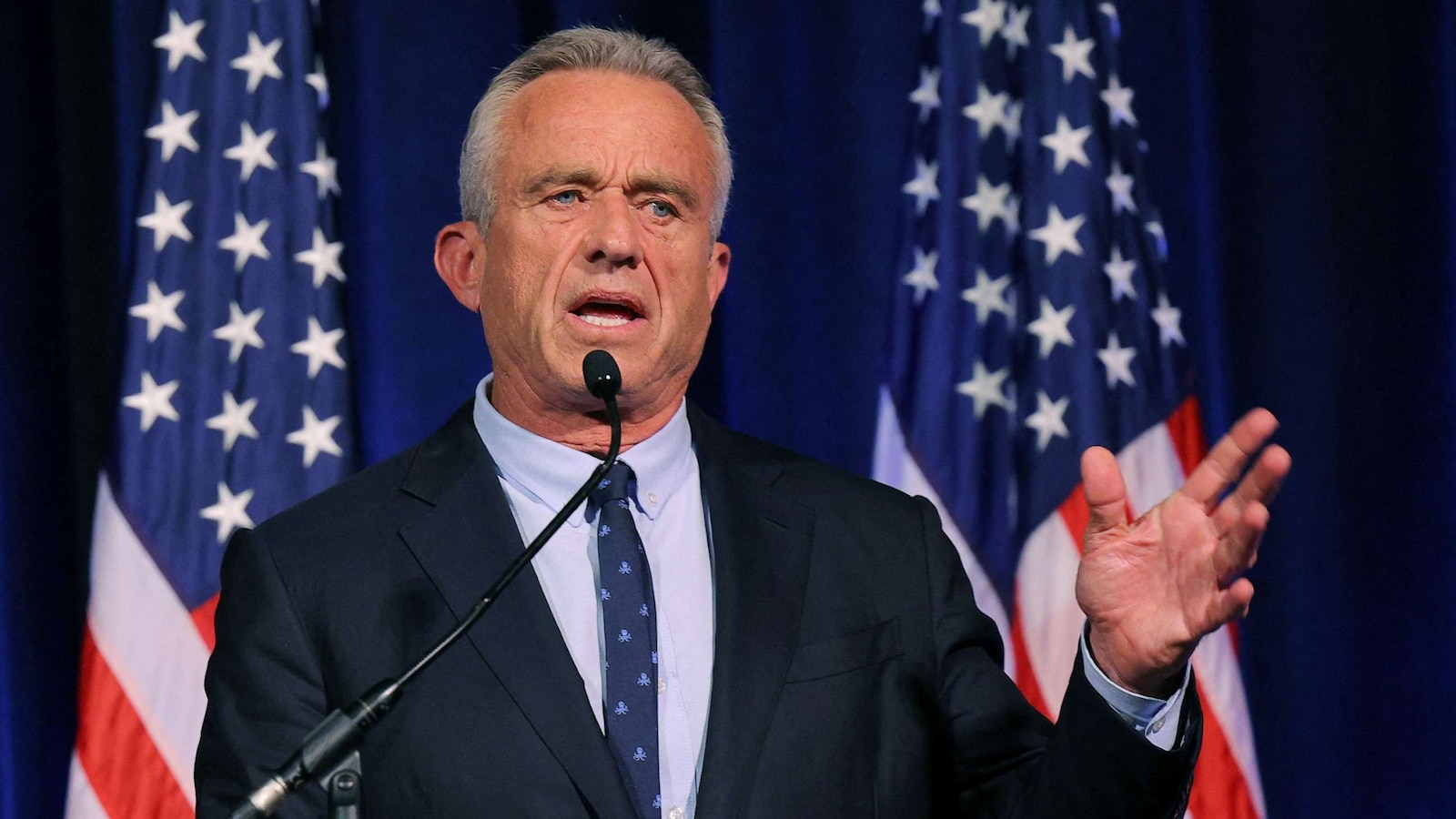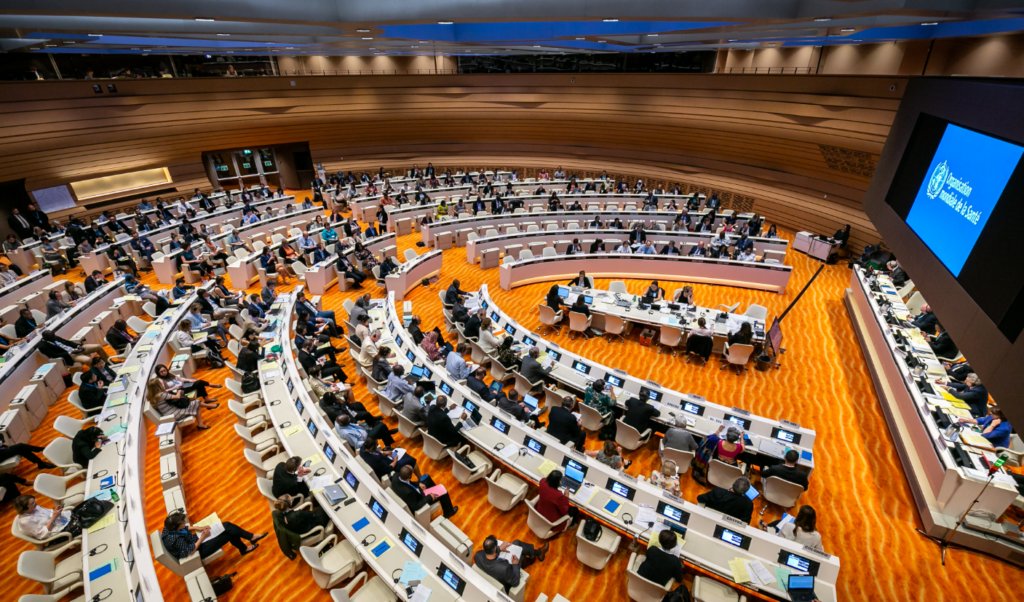A new draft of the WHO Pandemic Agreement was released at the end of April. Dr Thi Thuy Van Dinh and Dr David Bell have read it (so you don't have to) and say it's still full of problems.

dailysceptic.org
The World Health Organisation (WHO) negotiating body of the draft Pandemic Agreement to be voted on in late May produced yet another draft (not to be confused with the latest draft of the amendments to the International Health Regulations, published around the same time and discussed
here). As the
previous Pandemic Agreement text was dealt with in detail in a
recent article, it seems relevant to provide a brief summary of the additional changes. As before, the document becomes vaguer but adds more activities to be funded, reinforcing the concerns that this process is being rushed without due review.
Since December 2021, the Intergovernmental Negotiating Body (
INB) has been embarking on this project under the WHO Constitution in order to set a global framework for pandemic prevention, preparedness and response. It has already failed its own
deliverable timeline to reach a consensus text by March 29th 2024 (document A/INB/3/4). That two-month period was not a legal requirement
per se, but intended to give the 194 WHO member states some time to review the final text against their domestic legal architecture as well as other international obligations from other treaties to which they are parties. It was scrapped without explanation, demonstrating a far-from-achieved consensus within the INB. However, WHO still plans to have the vote on the provisional agenda of the
77th World Health Assembly (WHA) starting on May 27th.
The
latest draft, proposed by the INB Bureau (comprised of representatives from Brazil, Egypt, Japan, Netherlands, South Africa and Thailand being co-chairs, aided by six WHO officers from six regional offices), dated April 22nd 2024, was submitted for negotiations at the ninth INB meeting from April 29th to May 10th. As usual, the Bureau streamlines and consolidates the text previously achieved thanks to various groups tasked to reach consensus under thorny articles. This meeting has just concluded in Geneva without reaching the final text. Instead of pausing the project, it was
reported that negotiating teams will continue “to resume hybrid and in-person discussions” until the very last minutes before the WHA session. Such decision is an open disdain for the public, stripping from them the legitimate right to be informed about the laws to be made and ignoring the WHO constitution’s principle according to which “informed opinion and active cooperation on the part of the public are of the utmost importance in the improvement of the health of the people” (Preamble).
All previous iterations contain proposed provisions referencing the International Health Regulations (IHR) draft amendments, also under negotiations and intended to be voted on at the 77th WHA, likely illegitimately, since
the four-month review period required by Article 55 para. 2 of the 2005 IHR hasn’t been respected. This latest version isn’t an exception. Multiple proposed provisions (articles 5.4, 19.3, 20.1, and 26.2) are expressly interlinked with the IHR draft amendments although the final wording of these is yet to be set in stone. This strange situation is the outcome of a rushed process, based on unfounded claims of urgency and demanding an additional budget for global health institutions from countries still reeling from the aftermath of a global economic lockdown imposed during the COVID-19 response.
The new draft contains relatively few changes but shuffles several issues around. References to CEDAW (Convention on the Elimination of All Forms of Discrimination against Women), the Sustainable Development Goal Five on gender equality, and “indigenous people” were added in the preamble without much consequence for overall meaning. A new phrase ‘health systems recovery’ made its appearance several times with probable meaning that pandemics do weaken the health systems.
The commentary below focuses on notable new proposals since the
previously assessed text.


 abcnews.go.com
abcnews.go.com





